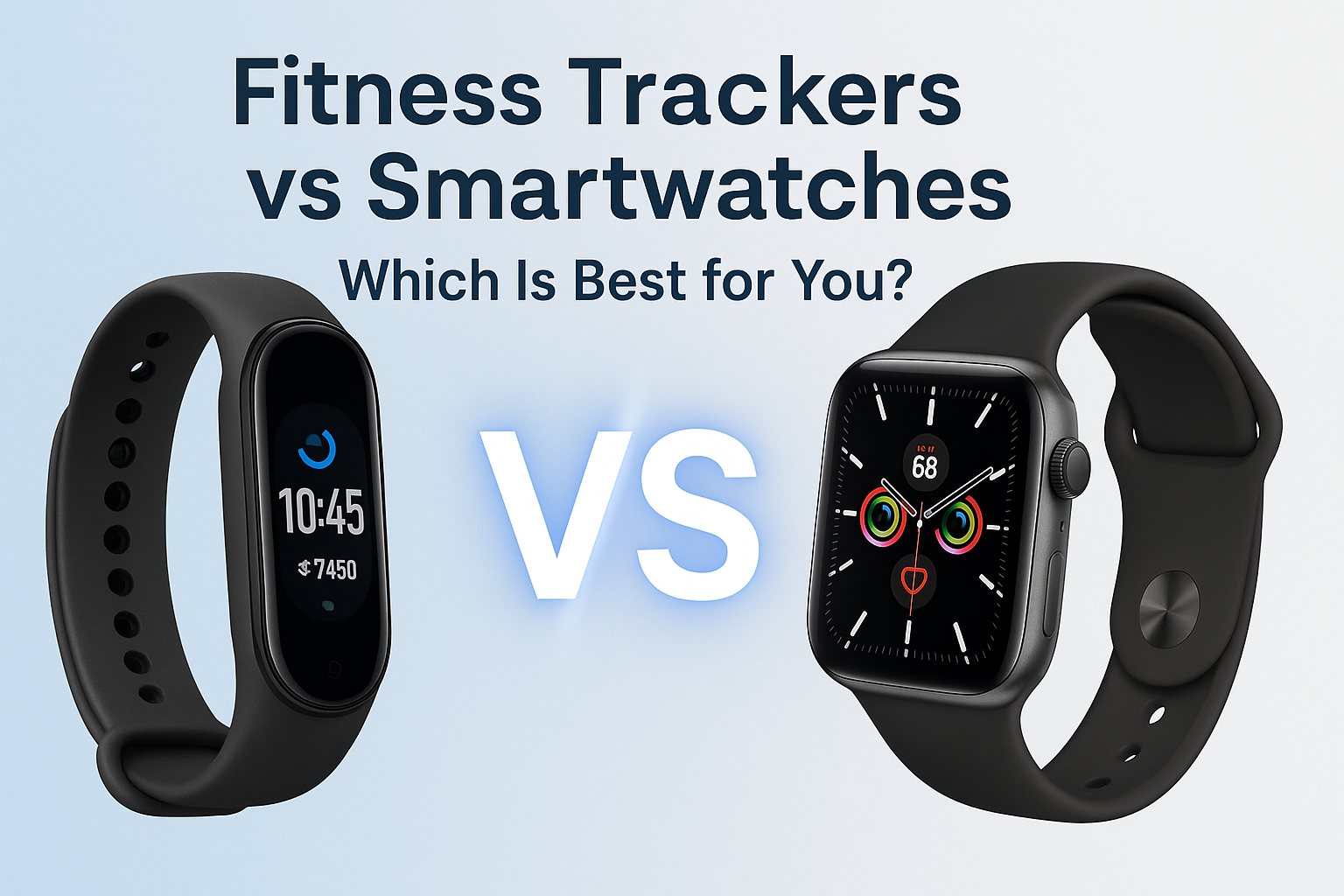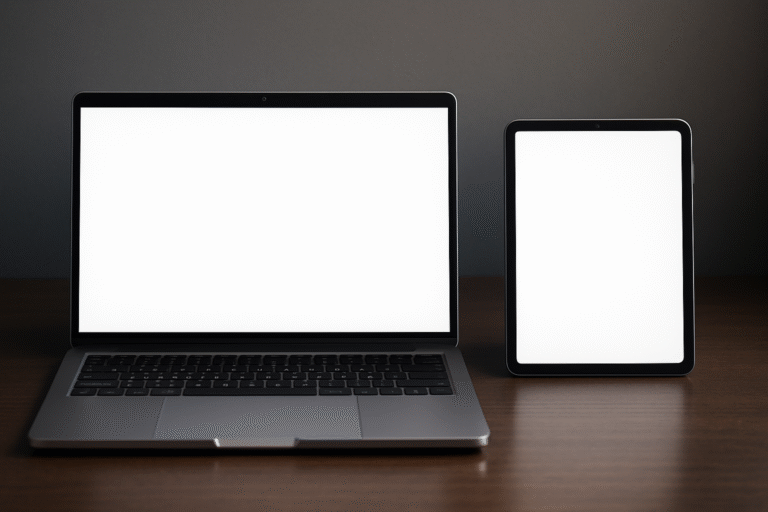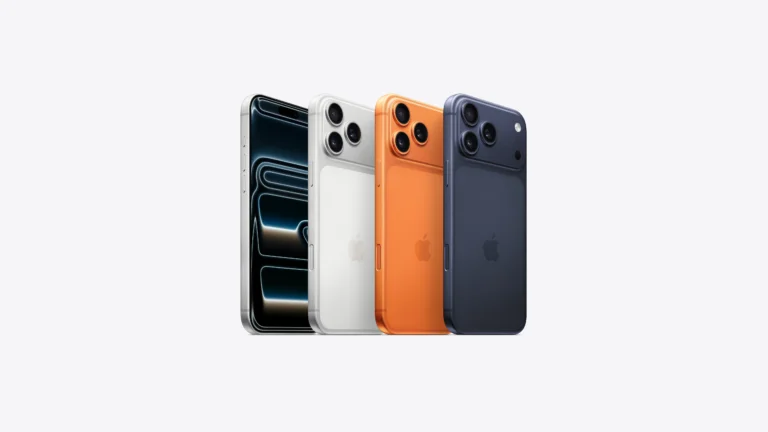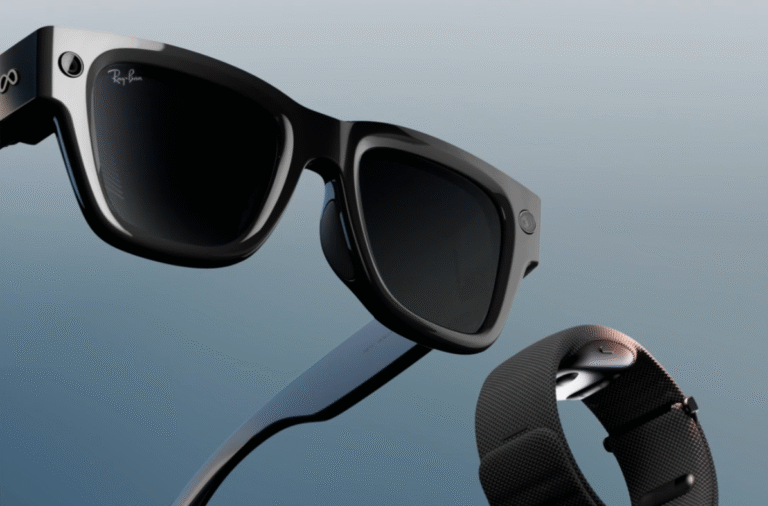Introduction
In today’s world of wearable tech, choosing between a fitness tracker vs smartwatch can be confusing. Both devices sit on your wrist and track your activity, but they serve different needs. A fitness tracker is primarily a health-monitoring gadget, while a smartwatch doubles as a mini smartphone on your wrist. This guide will dive deep into what each device does, their pros and cons, and help you decide which is right for you.
What Is a Fitness Tracker?
A fitness tracker is any wearable device focused on monitoring health and activity metrics. A fitness tracker might be a slim band or ring that counts your steps, tracks your heart rate, measures calories burned, and even monitors sleep. These devices usually connect to your smartphone to display detailed data. Some high-end fitness trackers even include features like built-in GPS for tracking runs or bike rides. However, the core idea is simple: collect fitness data.
Because they only focus on health metrics, fitness trackers are often smaller, lighter, and cheaper than full-featured smartwatches. Fitness trackers come in various forms and usually have long battery lives. They are often water-resistant or waterproof and designed for continuous wear. Most do not prioritize app notifications, keeping the user focused on health tracking instead. Overall, a fitness tracker is your go-to gadget if you mainly want step counts, heart rate, sleep analysis, and exercise logs without the distractions of calls or apps.
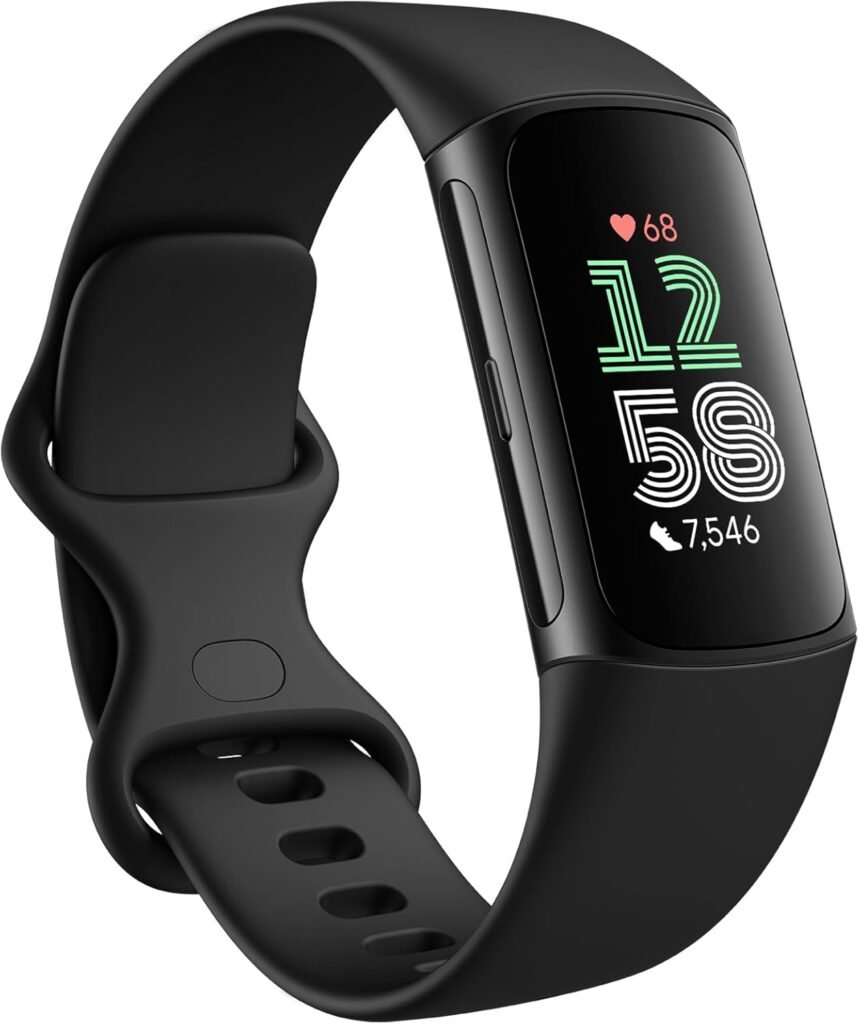
What Is a Smartwatch?
Think of a smartwatch as a wearable computer that sits on your wrist. It looks like a regular watch but packs in a touchscreen, apps, and sensors. Smartwatches do everything a fitness tracker does — monitoring steps, heart rate, and sleep — plus much more. They can display and let you respond to text messages and calls, show notifications from social media or email, and run third-party apps like music players, navigation, or voice assistants right on your wrist.
Latest models often include high-end sensors like ECG, blood-oxygen monitors, and advanced sleep tracking, along with GPS and music storage. A smartwatch extends your smartphone functionality: you can see alerts, send quick replies, use maps, and control music without pulling out your phone. The trade-off is that smartwatches are larger, have shorter battery life, and cost more than basic trackers. In summary, if you want a wrist device that handles fitness tracking and many everyday tech tasks, a smartwatch is the better choice.
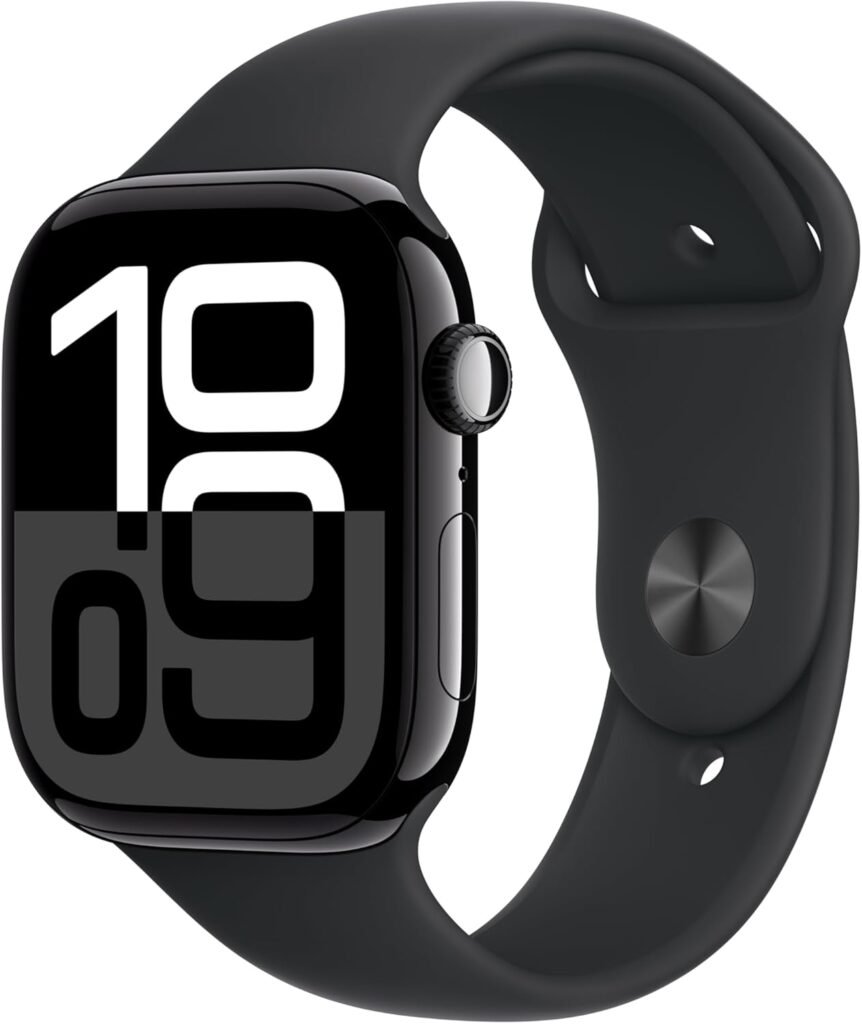
Fitness Tracker vs Smartwatch: Key Differences
While both devices monitor health, there are clear differences to consider. The most important one is functionality. A fitness tracker is focused on health stats (steps, heart rate, calories), whereas a smartwatch is like a mini-smartphone on your wrist. In other words, smartwatches handle notifications, calls, and apps in addition to fitness data.
Battery life
is another key difference. Fitness trackers generally last much longer on a charge. For example, the Fitbit Charge 6 can run up to 7 days, while the Apple Watch SE (2nd Gen) typically lasts around 24 to 36 hours and can extend beyond 40 hours with Low Power Mode.
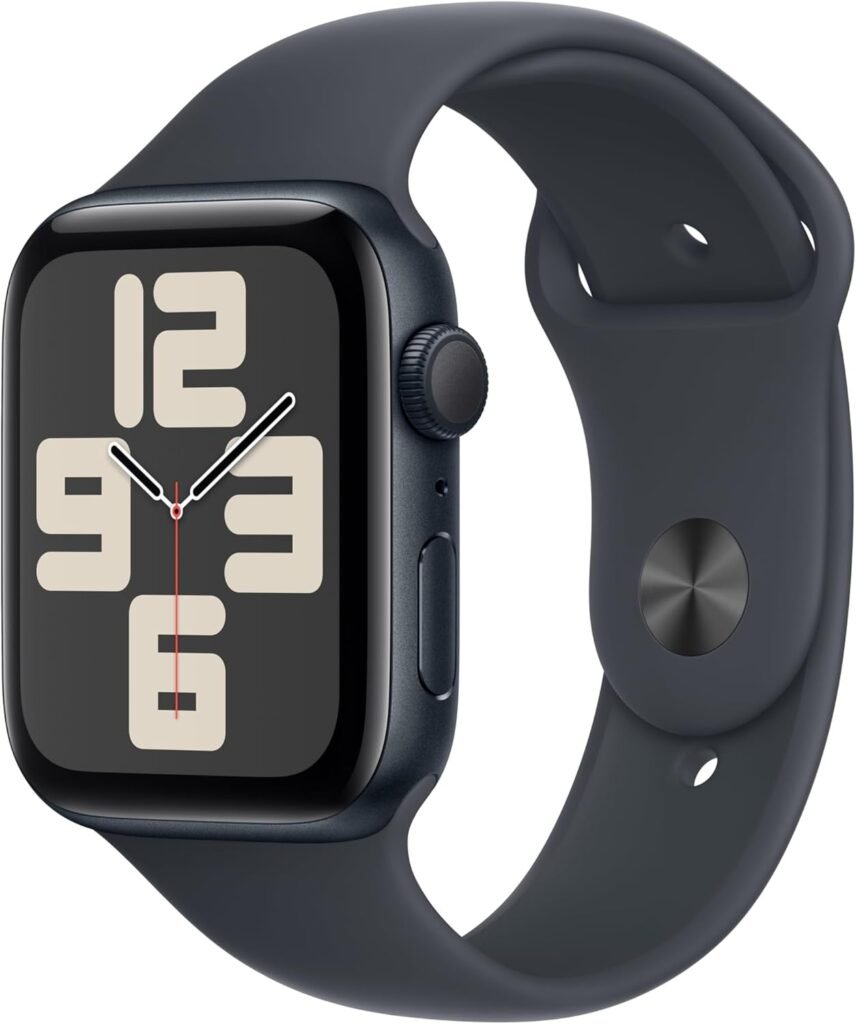
Price and style:
Fitness trackers are generally more budget-friendly, with quality models like the Fitbit Inspire 3 available for around $79.95. In contrast, smartwatches such as the Fitbit Versa 4 are priced starting at approximately $136.27. Fitness trackers typically feature a simpler, sportier design, while smartwatches offer more customization options, including diverse watch faces and interchangeable bands.
User experience:
Fitness trackers are straightforward — press a button or tap to cycle through stats. Smartwatches offer interactive touchscreens and more app-based controls. Choose based on whether you want minimal tracking or a full-featured experience on your wrist.
Smartwatches are ideal for users who want connectivity and apps on their wrist, while fitness trackers appeal to those seeking pure health data and simplicity.
Benefits of Fitness Trackers
Fitness trackers have several advantages:
- Long Battery Life: They can last many days on a single charge, making them ideal for constant wear.
- Focused Features: Step counting, heart rate monitoring, calories burned, and sleep analysis without distractions.
- Comfort and Design: Slim, light designs suitable for all-day wear, even during sleep or swimming.
- Affordability: High-quality trackers are available at budget-friendly prices.
- Accountability: Great for beginners or anyone wanting a simple push toward daily activity goals.
If you want a no-nonsense device to keep track of your health, a fitness tracker covers all the essentials.
Benefits of Smartwatches
Smartwatches excel in several areas too:
- All-in-One Device: In addition to fitness tracking, they handle notifications, calls, texts, emails, and even mobile payments.
- Apps and Features: Access third-party apps, GPS, NFC payments, voice assistants, and music directly from your wrist.
- Customization and Style: High-resolution screens, downloadable watch faces, and interchangeable bands let you personalize your look.
- Health Sensors: Advanced health tracking including ECG, SpO₂ monitoring, and fall detection.
- Real-Time Updates: Perfect for busy users who need constant connectivity without checking their phones.
If you want more than just fitness tracking and love tech, a smartwatch is the more powerful option.
How to Choose the Right One for You
Choosing between a fitness tracker and a smartwatch boils down to your goals. Start by asking: What do I really want to track?
- If you mainly want health insights like steps, calories, and sleep, and prefer longer battery life, a fitness tracker is ideal.
- If you want to stay connected, use apps, take calls, and have a more tech-rich experience, go for a smartwatch.
Budget is another factor. Fitness trackers are more affordable, making them better for cost-conscious users. Smartwatches, although pricier, deliver a versatile wearable experience.
Phone compatibility also matters: some devices work better with Android or iOS, so check before buying. Also, think about your lifestyle: Do you want something simple you rarely need to charge? Or something interactive that you can use to multitask?
Ultimately, there’s no wrong choice — it’s about matching your lifestyle. Whether you pick a fitness tracker or a smartwatch, you’re investing in tools that support better health, productivity, and accountability.
This post contains affiliate links. If you click on a link and make a purchase, I may earn a small commission at no extra cost to you. This helps support the blog and allows me to continue providing content. Thank you for your support!

